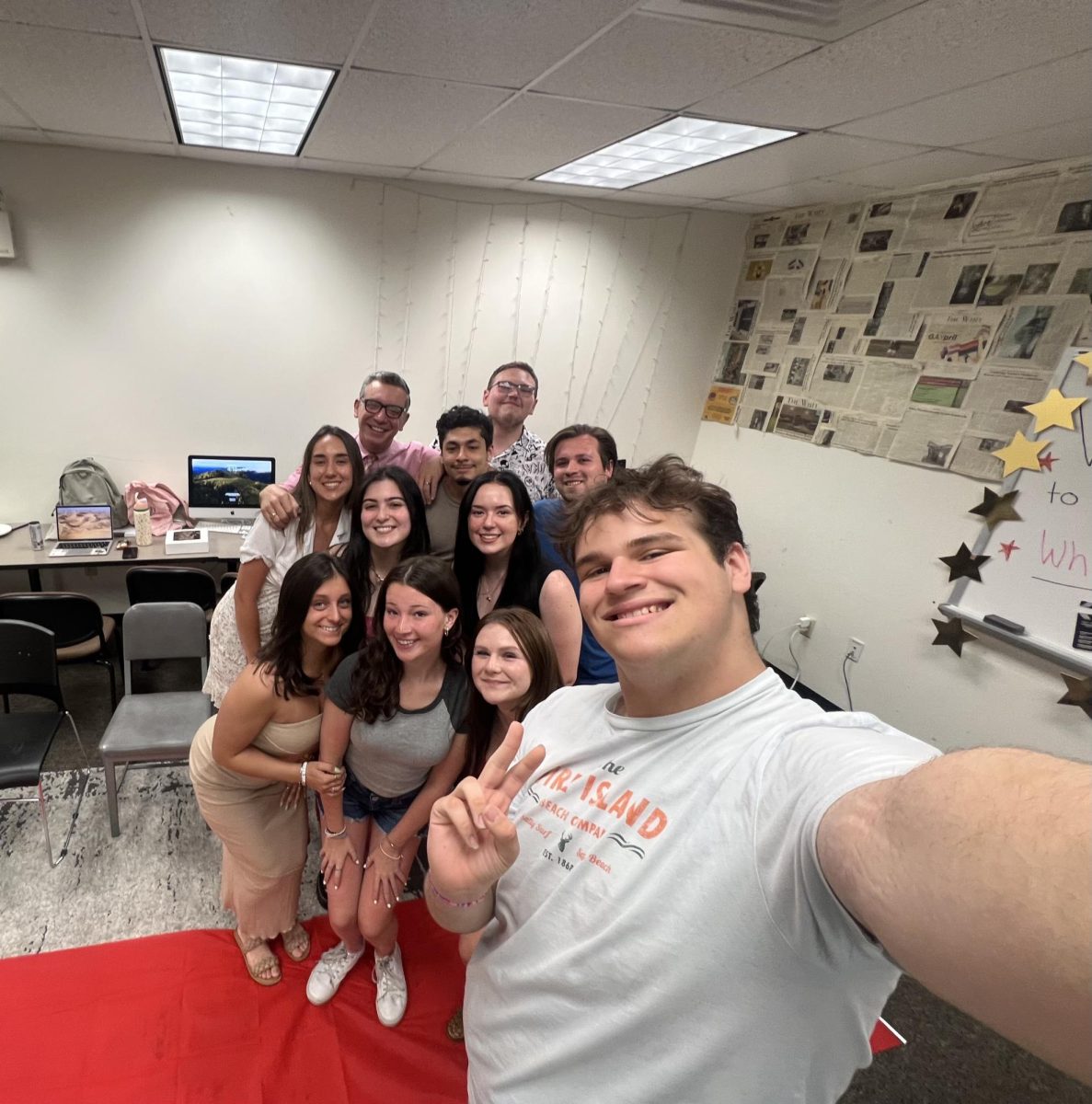University can be stressful, but living with chronic pain can leave school feeling debilitating. Do you or someone you know live with chronic pain? For an average individual faced with an injury, their body has a normal reaction, which is to heal over time.
What if I told you that it’s different for an individual that lives with chronic pain?
Over 100 million Americans are affected with a type of chronic pain that continues even long after the injury is healed.
What makes one have chronic pain?
When the pain continues after the injury has healed, or when it lasts three to six months or longer, it’s called chronic pain. The symptoms vary for each individual because every person experiences their chronic pain in different ways, which causes it to be the very thing that makes it challenging to treat. There is currently no cure for chronic pain.
From personally being an individual that lives with two chronic pain syndromes, I want others that live with any chronic pain to know that college is possible. Of course, there will be good and bad days, but you can live your life.
I have lived with chronic pain for seven years now and I am still learning new ways to get through flare-ups. Flare-ups are the absolute worst because they occur randomly and some days nothing stops the pain and you just have to go through the flare-up. It is important to remember that chronic pain is part of your life, but not to let it define you.
8 Flare-up tips:
- Choose your classes wisely. Look at both the time and location of the class and consider what the weather could be like before heading out.
- Look for a group of supportive people by joining a club on campus.
- Take care of your health. Make sure to eat on your flare-up days. Don’t skip meals because you’re in pain. Make sure you get sleep. I know this is challenging, but try to find comfortable fabrics that don’t aggravate your skin. Take rest breaks, which I think is one of the most important things to do. Even when you’re stressed in general, step back from what you are doing, grab a cup of coffee or tea and take a break when needed.
- Have a daily plan for your day to make it easy when you have a “mental fog” day.
- Look into the accommodations that are offered at your university.
- Look for a book shelf or something to lean on because it helps tremendously when you are just physically exhausted.
- Look for fuzzy/cozy socks that are the best to keep your feet warm in the fall and winter. Plus, these are very soft on the skin.
- Find a reusable water bottle that works with you and that is easy to open on your flare-up days.
By following these tips and developing your own chronic pain coping mechanisms, navigating university life and thriving is entirely possible.
For questions/comments about this story, email news@thewhitonline.com or tweet @TheWhitOnline.

























































































































































!["Working with [Dr. Lynch] is always a learning experience for me. She is a treasure,” said Thomas. - Staff Writer / Kacie Scibilia](https://thewhitonline.com/wp-content/uploads/2025/04/choir-1-1200x694.jpg)










































